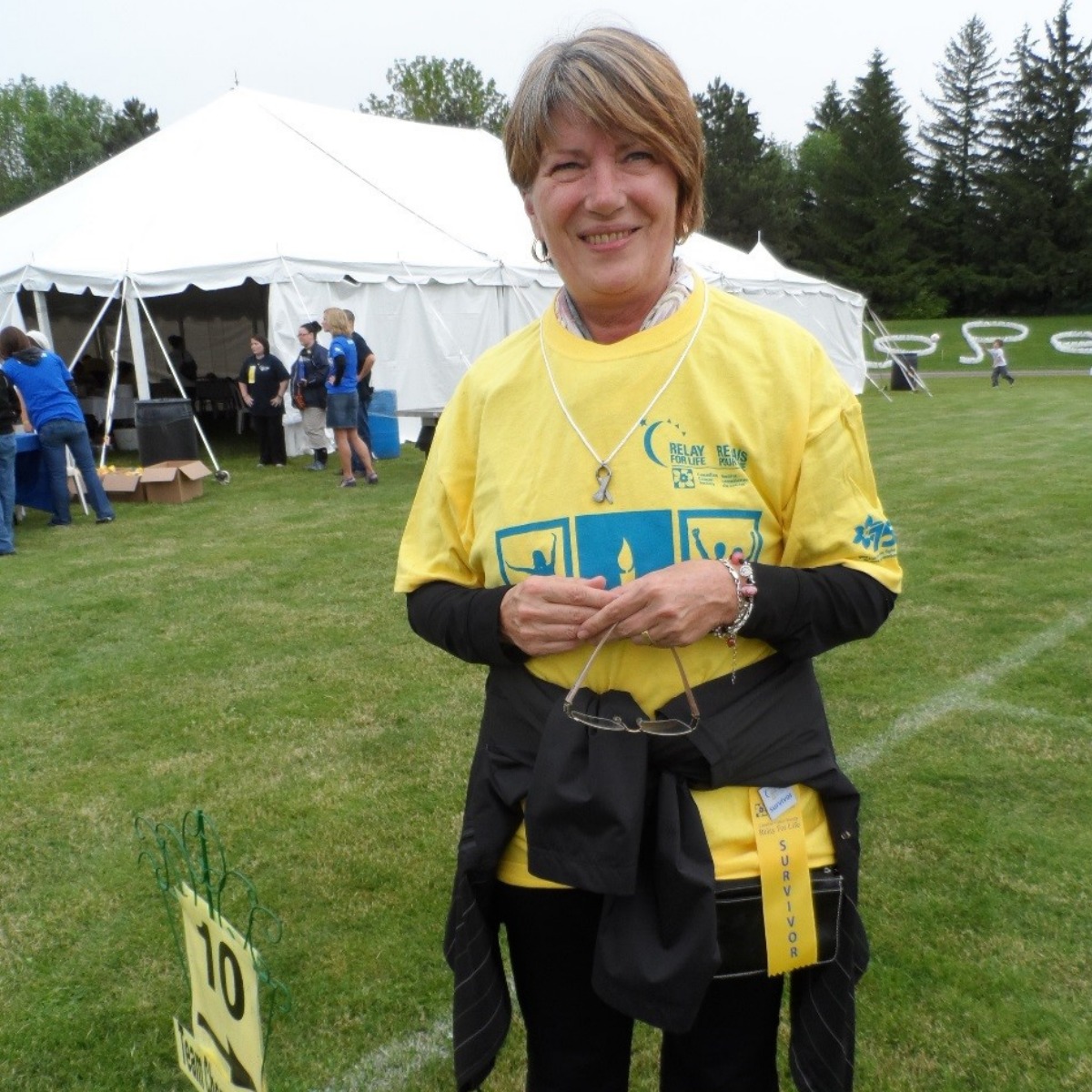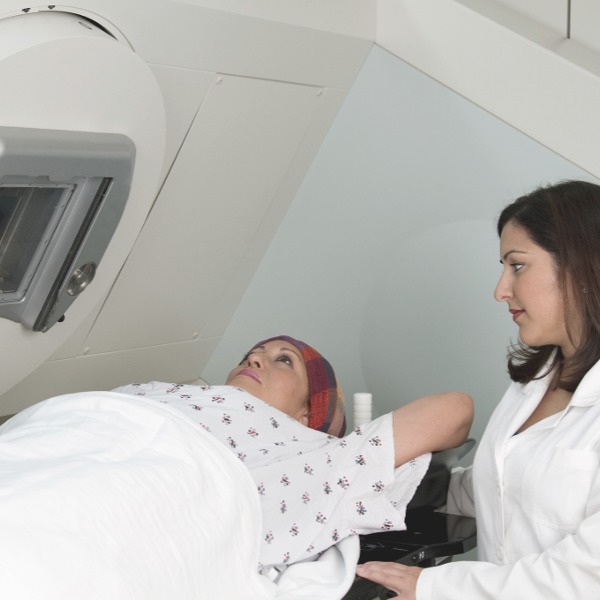By continuing to use our site, you consent to the processing of cookies, user data (location information, type and version of the OS, the type and version of the browser, the type of device and the resolution of its screen, the source of where the user came from, from which site or for what advertisement, language OS and Browser, which pages are opened and to which buttons the user presses, ip-address) for the purpose of site functioning, retargeting and statistical surveys and reviews. If you do not want your data to be processed, please leave the site.
The Voice of People With Breast Cancer
Education
Our Voices Blog
Tag : symptoms
More Than Just a Lump
A lump is one of the most discussed symptoms of breast cancer. However, a lump, and the other well-known signs of breast cancer, are not always the first thing you may notice. You may not even realize what you’re looking at could be a symptom of breast cancer.
Can You Do the Tamoxifen Time?
I’m a Tamoxifen fail. I quit taking the drug just shy of my five-year prescription’s halfway mark. The estrogen-blocking pill fried my short-term memory within the first 14 days and then, tormented me daily with its version of Jay-Z’s “99 Problems.” And lucky me. I experienced every single one of them.
The Must-Know Info About Early-Stage Breast Cancer
As I tried to process my diagnosis and what it meant for me, along with the future I’d envisioned for myself, I went into research mode. It’s my comfort zone. I’m curious by nature and profession (being a writer and all), and having information, knowing everything that I need to know, makes me feel in control. So, I dug deep, Googled like a crazed person, and asked my doctors hundreds of questions while I tried as best as I could to prepare myself for the unknown that was to come. Here’s what I learned about being diagnosed with early-stage breast cancer.
What is Canada’s new food guide all about?
Canada’s new food guide is, in one word, refreshing! First off, it makes us hungry just looking at it. And secondly, it does away with the confusing portion sizes and focuses more on practical tips for incorporating healthier foods into our diets.
Diarrhea – the opposite of constipation
In complete contrast to constipation, diarrhea is also a common side effect of treatment. While many chemotherapies and targeted therapies cause constipation, some of the others cause diarrhea. Loss of bowel control can not only be embarrassing, but it can cause painful cramps and lead to dehydration.
Constipation – A hard truth
Poop, definitely a topic that most of us don’t want to have candid conversations about, especially when it comes to our own. But constipation is one of the most common side effects of many cancer treatments, and can be a real pain in the a**, literally.
Overcoming the lasting side effects of breast cancer
Wendie Hayes of Stoney Creek Mountain, Ontario was diagnosed in 2011 with triple negative metaplastic phyllodes breast cancer at the age of 55 after she discovered a lump in her left breast. Her cancer is a rare type, affecting less than one percent of breast cancer patients, so it took some time to get the right diagnosis.
9 self-care tips for getting through radiation
If you are receiving radiation, you’ll know that there are often side effects that range from mildly annoying to severely debilitating. The self-care plan outlined by your medical team can help reduce the redness, pain, and irritation that come with radiation dermatitis.
Cancer-related fatigue Q&A
Because fatigue is a predominant symptom of cancer, CBCN reached out to Georden Jones for advice on managing this symptom. Georden is a doctoral student in clinical psychology at the University of Ottawa. Her thesis focuses on cancer-related fatigue, in particular on the patient's experience with this symptom and how to implement assessment and interventions programs for cancer-related fatigue. Her thesis project is ongoing and is estimated to end by 2019. If you have any questions concerning her work, please do not hesitate to contact her by email: gjone046@uottawa.ca.












